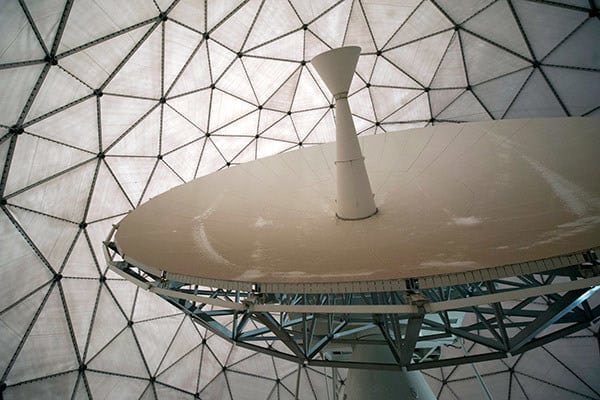Latest News

Raytheon’s GPS OCX program is ready for the U.S. Air Force’s launch of the first modernized GPS satellite later this year. Photo: Raytheon.
Raytheon’s next-generation GPS Operational Control System (GPS OCX), is in its final software development phase. According to the company, this phase focuses on increasing automation and building controls for both L1C, a civilian GPS signal aimed at increasing international access, and M-code, a military GPS signal with better anti-jam capability. Once complete, the team will begin integration and testing to keep the program on track for full system delivery in June 2021.
GPS OCX is the enhanced ground control segment of a U.S. Air Force-led effort to modernize the United States’ GPS system. The program is implementing 100 percent of Department of Defense Instruction (DODI) 8500.2 “Defense in Depth” information assurance standards without waivers, giving it the highest level of cybersecurity protections of any DOD space system. For protection against future cyber threats, the system’s open architecture allows it to integrate new capabilities and signals as they become available.
According to Raytheon, because GPS OCX can manage nearly twice the satellites of the current system, it will increase signal strength in hard-to-reach areas such as dense cities and mountainous terrain. Also, advanced automation will free crews to focus on mission-critical tasks such as updating satellite positions more often.
“Our team has two primary goals this year,” said Dave Wajsgras, president of Raytheon Intelligence, Information and Services. “We will support the U.S. Air Force’s GPS 3 launch this fall and complete the software build for the full operational system by year’s end.”
Get the latest Via Satellite news!
Subscribe Now